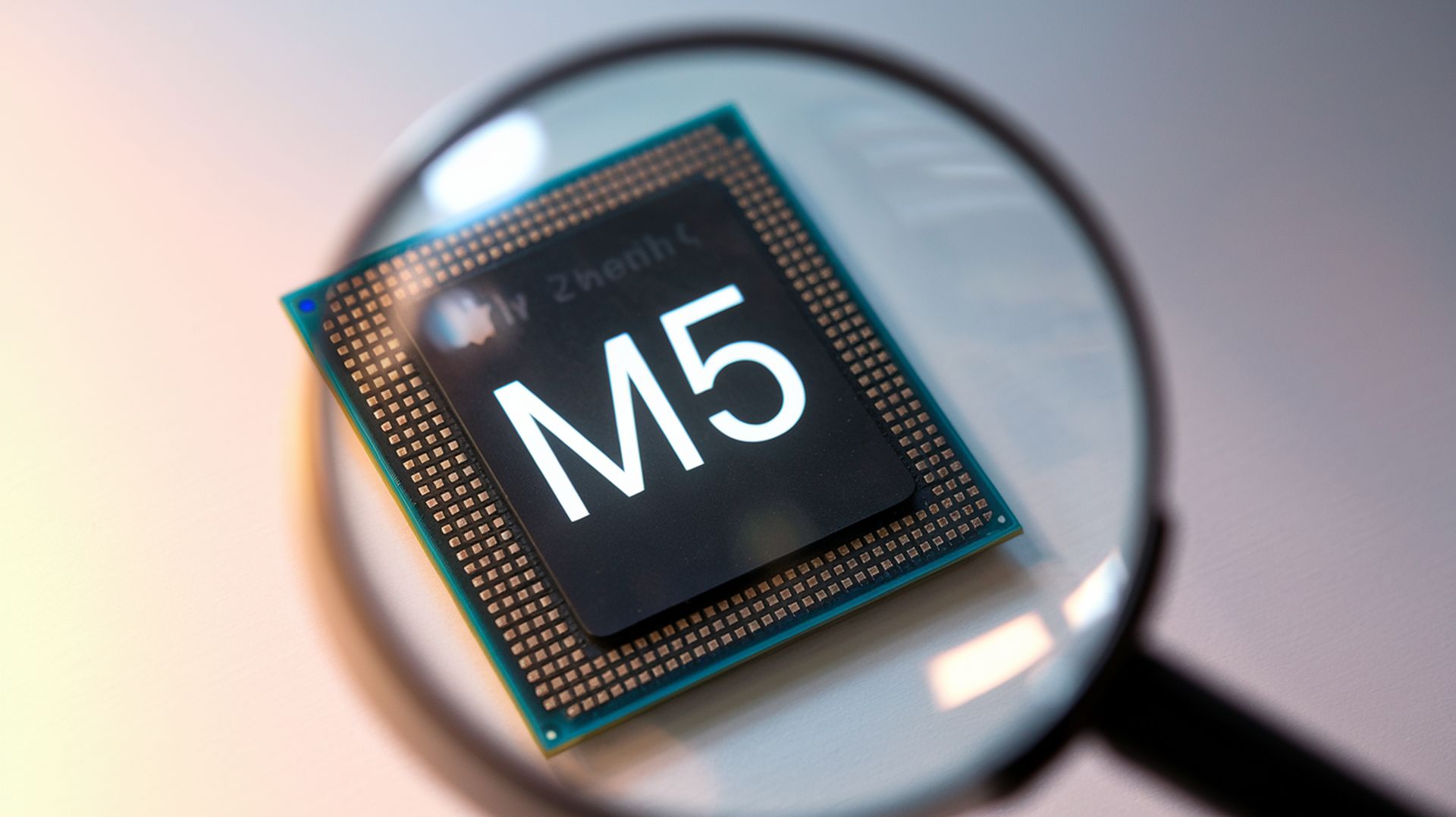Apple’s M5 chips will crush performance records

Apple is reportedly gearing up to revolutionize its chip offerings with the upcoming M5 series, according to analyst Ming-Chi Kuo. The new chips, expected to enter mass production in 2025, will be built on TSMC’s advanced N3P process, promising improved energy efficiency and performance.
“Apple M5 series chip 1. The M5 series chips will adopt TSMC’s advanced N3P node, which entered the prototype phase a few months ago. M5, M5 Pro/Max, and M5 Ultra mass production is expected in 1H25, 2H25, and 2026, respectively. 2. The M5 Pro, Max, and Ultra will utilize server-grade SoIC packaging. Apple will use 2.5D packaging called SoIC-mH (molding horizontal) to improve production yields and thermal performance, featuring separate CPU and GPU designs. 3. Apple’s PCC infrastructure build-out will accelerate after the mass production of the high-end M5 chips, better suited for AI inferencing.”
-Ming-Chi Kuo
Apple prepares to launch M5 chip series in 2025The M5 series includes the base model, M5, which will start production in the first half of 2025, followed by the M5 Pro and Max variants in the second half, and the M5 Ultra in 2026. This generational leap comes after Apple launched the M4 series, and Kuo asserts that consumers can expect a power draw reduction of 5 to 10% compared to the previous iteration. Additionally, the production process is anticipated to yield a performance improvement of around 5%.
Forget the iPhone SE 4: iPad 11 will be the real 2025 star
Central to the M5 Pro, Max, and Ultra chips is a state-of-the-art packaging design known as System-on-Integrated-Chips-Molding-Horizontal (SoIC-mH). This innovative approach allows for a 30-50% reduction in physical space compared to traditional chips, contributing to enhanced thermal performance and minimizing throttling. The separation of CPU and GPU designs is another significant shift, marking a departure from Apple’s previous SoC methods that tightly integrated these components. With this architectural change, Kuo indicates substantial gains in overall performance, particularly for AI tasks.
Manufacturing these chips at TSMC’s N3P node enables Apple to utilize features that not only optimize power consumption but also improves production yields. Reports suggest that the M5 Pro chips will play a pivotal role in powering Apple’s Private Cloud Compute (PCC) servers. This further extends the utility of the M5 series beyond consumer devices, signaling a strategic enhancement in Apple’s computing capabilities.
The implementation of the SoIC-mH package is a critical step forward, as this technology enhances thermal management, allowing these chips to perform efficiently for longer durations without overheating. Furthermore, this methodology is expected to lead to higher production yields due to a decline in chips failing quality checks during manufacturing.
Featured image credit: Kerem Gülen/Ideogram
